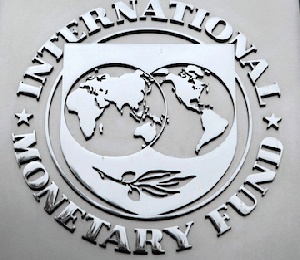Business News of Thursday, 24 April 2025
Source: www.ghanawebbers.com
IMF calls for public support amid debt reform measures
The International Monetary Fund (IMF) has urged Ghana and other countries to gain public support for debt reforms. These reforms include energy subsidies and pension adjustments.
The IMF noted that such changes often face resistance from the public, civil society, and labor unions. Effective communication is essential for success. The IMF cited successful examples from Morocco, Germany, and Colombia.
At a press briefing, Vitor Gaspar, Director of the IMF Fiscal Affairs Department, spoke about these reforms. He said they could reduce debt and generate savings. However, he acknowledged their immediate negative effects on individuals and businesses.
Gaspar emphasized the importance of explaining how these reforms lead to financial stability. This includes expanded public services as well.
The media engagement occurred during the 2025 IMF/World Bank Group Spring Meetings in Washington, D.C. Gaspar mentioned that emerging and low-income countries spend an average of 1.5% of GDP on energy subsidies. This amount exceeds their social spending on the poor.
Pension expenditures account for four percent of GDP in emerging markets. For example, Colombia successfully implemented a two-year timeline for gasoline price adjustments. This approach helped build public trust and reduced resistance.
Morocco raised fuel prices by about 20% in February 2025 to address budget pressures. They prepared citizens for full subsidy removal during this process.
The April Fiscal Monitor highlighted rising global public debt levels. It is projected to approach 100% of GDP by the end of the decade, surpassing pandemic levels.
The report noted that high debt and slow growth limit fiscal space for many nations. Rising interest costs add to spending pressures as well.
It urged countries to adopt stability-focused macroeconomic policies. Reducing debt and building financial buffers can help ease policy trade-offs while fostering potential growth.











